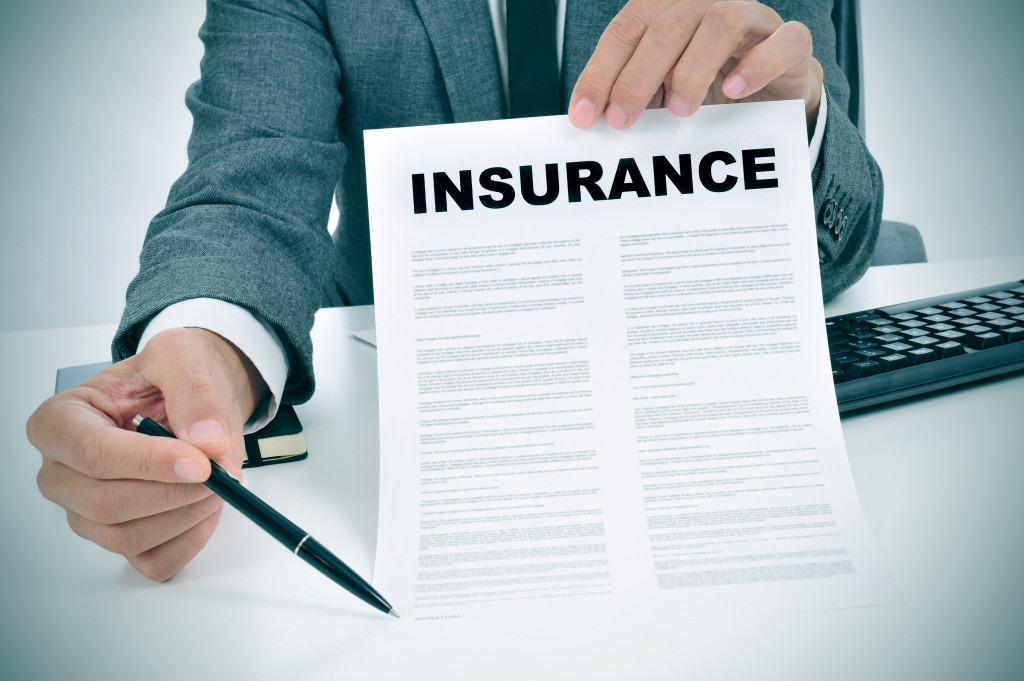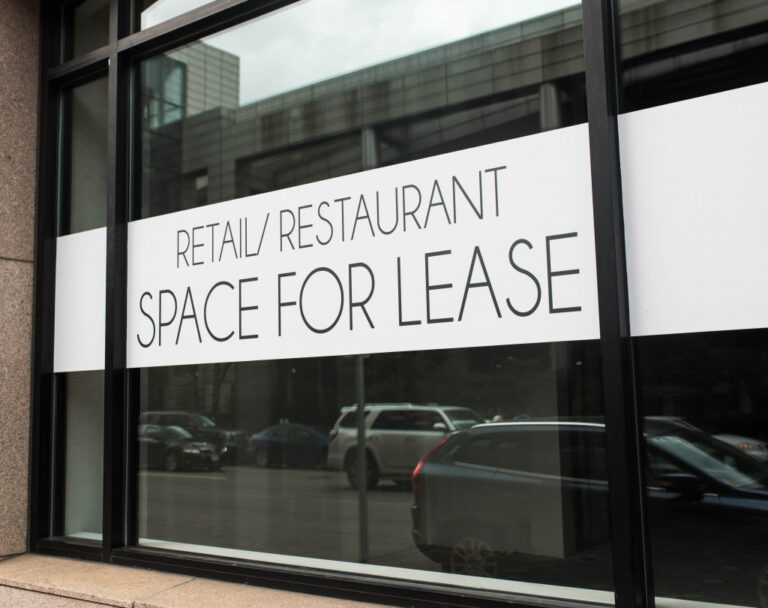- Regular maintenance safeguards the property’s structural integrity, prevents extensive damage, and improves tenant satisfaction.
- A comprehensive emergency response plan and insurance coverage are essential for protecting your investment against potential losses.
- Well-structured leases and contracts define responsibilities, reducing financial exposure, while regular risk assessments guide effective resource allocation.
- A comprehensive tenant screening process minimizes the risk of rental defaults, enhancing the property’s reputation and securing rental income.
- Seeking professional legal advice ensures compliance with property laws and regulations, offering additional protection in your risk management strategy.
As a commercial property owner, you must understand and implement effective risk management strategies. These strategies can help safeguard your investments against potential financial setbacks caused by unforeseen circumstances like natural disasters, tenant defaults, or liability claims. Delve into some key strategies you can employ to mitigate these risks and ensure the sustainability of your commercial property business.
Regular Maintenance

Regular maintenance is a crucial element in managing a commercial property effectively. It goes beyond merely preserving the aesthetic appeal; it is about ensuring the structural integrity and safety of the property. For instance, reliable commercial roofing repairs are vital to the maintenance process. Timely and professional roof repairs help prevent potential water leaks that could damage tenants’ properties and lead to extensive structural damage.
Moreover, regular roof checks can reveal minor issues that might escalate into costly repairs if ignored. Investing in regular maintenance, including reliable commercial roofing repairs, can save you from significant unexpected expenses in the long run. It can also boost tenants’ satisfaction and retention, contributing to your business’s profitability and sustainability.
Emergency Preparedness
Emergency preparedness is another critical aspect of risk management in commercial property ownership. It involves creating a comprehensive emergency response plan that outlines the actions to take in the event of disasters such as fire, floods, or severe weather conditions. Here are some tips on what to do:
Insurance Coverage

Having adequate insurance coverage is essential to risk management for commercial property owners. It is a financial safety net that protects your investment from many potential losses. Various types of insurance are available, including property, liability, and loss of income insurance. Property insurance covers damage to the building and typically includes coverage for natural disasters.
Liability insurance protects you if someone is injured on your property, while loss of income insurance can help compensate for lost rental income during restoration after an insured disaster. Additionally, consider policies that cover specific risks associated with your location, such as flood or earthquake insurance. It’s advisable to regularly review your insurance policies to ensure they adequately cover your property’s value and potential risks.
Leases and Contracts
Properly crafted leases and contracts are integral to minimizing risks in commercial property management. A well-structured lease should clearly define the responsibilities of both the landlord and the tenant, including maintenance duties, repair obligations, and liability issues. Including stipulations regarding rent increases, lease terminations, and dispute resolution procedures is also crucial.
Moreover, the lease should have a clause that requires tenants to carry adequate insurance coverage, thereby reducing the landlord’s financial exposure in case of accidents or damages. Contracts with service providers like cleaning, security, and maintenance companies should also be comprehensive, detailing the scope of work, compensation, and termination conditions. Regularly reviewing and updating these contracts to reflect property management laws or industry standards changes can further strengthen your risk management strategy.
Risk Assessment
Conducting a comprehensive risk assessment is a pivotal part of risk management in commercial real estate. This process involves identifying possible risks that could negatively impact your property, analyzing the potential severity of these risks, and prioritizing them based on their likelihood and potential impact.
This might include risks related to natural disasters, tenant defaults, or liability issues. The insights gained from a thorough risk assessment can guide your decision-making in implementing preventative strategies and allocating resources effectively. For instance, if your property is in a flood-prone area, your risk assessment might prioritize investing in flood defenses and insurance.
On the other hand, if tenant default is a significant risk, you might focus more on stringent tenant screening processes and rent default insurance. Thus, a well-executed risk assessment can form the backbone of your risk management strategy, helping to safeguard your commercial property investment.
Tenant Screening
Implementing a stringent tenant screening process can dramatically reduce the risk of rental defaults, one of the major concerns for commercial property owners. This process should involve a thorough review of prospective tenants’ financial stability, including credit checks, previous rental history, and references.
Additionally, considering the nature of the tenant’s business, market reputation, and compatibility with the property can help ensure a successful tenant-landlord relationship. A comprehensive tenant screening process can protect your rental income and enhance your property’s reputation, making it more appealing to desirable tenants.
Legal Advice
Seeking professional legal advice is an essential risk management strategy for commercial property owners. Understanding the legal aspects of property management can help protect you from potential lawsuits and compliance issues.
A lawyer can guide you through the complexities of property laws, zoning regulations, and contractual agreements, ensuring your practices align with legal standards. They can also assist in crafting legally sound leases, contracts, and eviction notices, thus minimizing potential disputes and legal entanglements.
Furthermore, legal counsel can prove invaluable during property acquisitions or sales, helping you navigate due diligence, title searches, and transactional proceedings. Investing in incompetent legal advice can provide commercial property owners additional protection and peace of mind in their risk management strategy.
In conclusion, a commercial property owner must embrace comprehensive risk management strategies. Each property faces unique risks, so customizing your approach is key. Now, it’s your turn to get started. Review your current strategies, identify areas of improvement, and begin implementing these measures today to ensure the sustainability and profitability of your commercial property business. Act now to protect your valuable investment!




